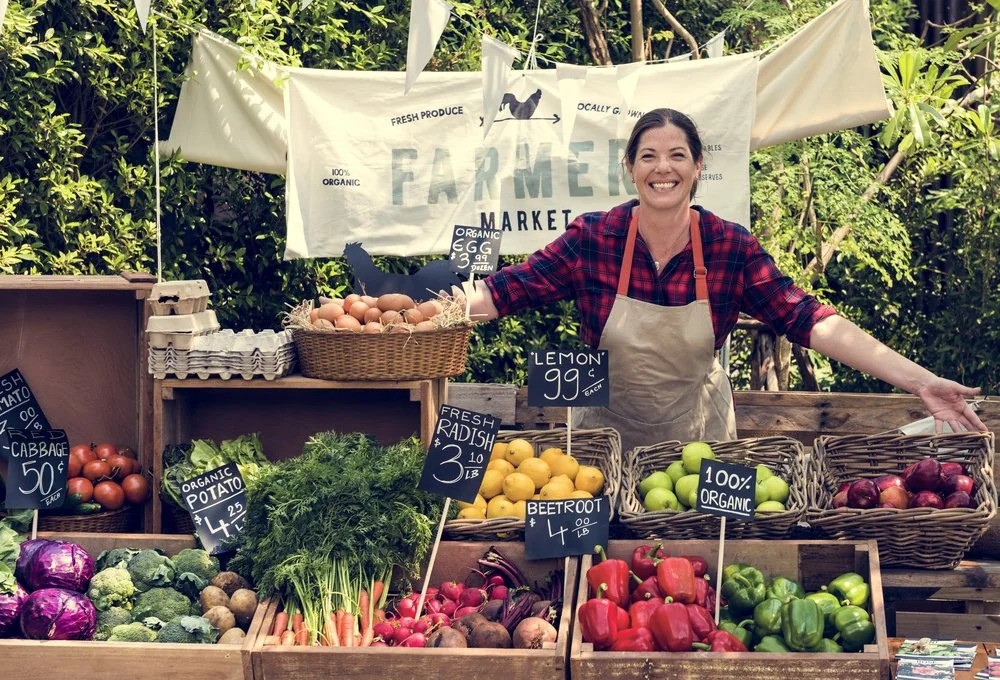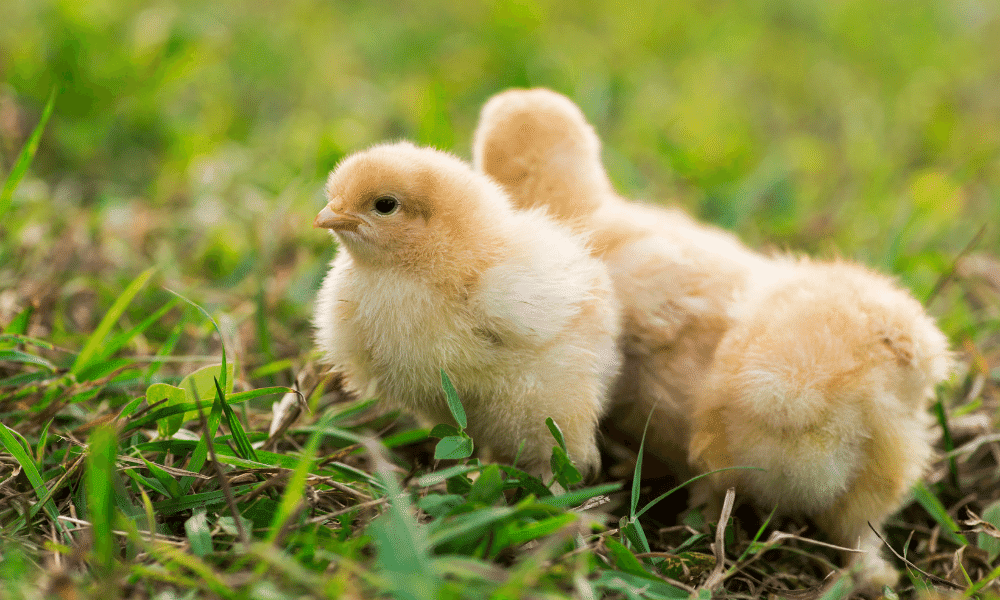Elderberry Delights: Crafting Homemade Remedies
In the exciting realm of natural wellness, elderberries have become superstars, praised for their health benefits and their ability to be used in all kinds of homemade remedies. Whether you're sipping on immune-boosting elderberry syrup or enjoying a tasty elderberry gummy, this little berry is bursting with nutritional goodness and can be used in so many delicious ways.
Benefits of Elderberry
Elderberries are packed with vitamins and antioxidants, making them a fantastic defense against colds, flu, and other ailments. These mighty little berries are also filled with anti-inflammatory and antiviral properties, thanks to their impressive vitamin C content, dietary fiber, and flavonoids. It's no wonder that elderberry-based products have become an essential part of many natural health routines.
Elderberry History
Elderberries have a storied history. For centuries, various cultures around the world have used them for medicinal and culinary purposes. From the ancient Egyptians to Native Americans, elderberries have been revered for their healing properties, and the elderberry bush serves as a symbol of wellness and protection.
Elderberry History: Fun Facts
Historical texts and archaeological findings reveal that ancient Egyptians used elderberries to improve complexion and heal burns. They were so revered for their health benefits that they were found in the tombs of pharaohs, indicating their use in life and beyond.
In ancient Greece, Hippocrates, often referred to as the "Father of Medicine," described the elderberry bush as his "medicine chest" for the wide array of ailments it could address. This early endorsement underscores the berry's versatility in treating a plethora of conditions.
Elderberry Uses
The elderberry plant is a versatile ingredient in creating a range of products: elderberry syrup, elderberry tea, elderberry gummies, elderberry juice, elderberry wine, elderberry jam, and elderberry jelly. Each form offers a unique way to enjoy the benefits of elderberries, whether you're seeking a health supplement or a tasty treat.
Sourcing Elderberry - Where to Find It
Elderberries can be found in both wild and cultivated elderberry plants. Common varieties like black lace elderberry and red elderberry can be grown in your own backyard or found while foraging in the wild. If you're interested in planting your own elderberry bushes, it's important to source elderberry seeds or plants from reputable nurseries to ensure a successful harvest.
Marketplace
You might also be interested in...

Shop for chickens, livestock or other farm goods

About Farm Expo Events

Sell Your Chicks and Eggs
Elderberry Syrup Recipes
Are you wondering how to make elderberry syrup? Making elderberry syrup or elderberry cough syrup is a simple and effective way to harness the health benefits of elderberries.
Easy Elderberry Syrup Recipe
Ingredients:
1/2 cup dried elderberries
2 cups water
1 cup honey
Instructions:
Combine elderberries and water in a saucepan and bring to a boil.
Reduce heat and simmer until the liquid is reduced by half.
Strain the mixture, discarding the elderberries.
Once cool, stir in the honey.
Store in a glass bottle in the refrigerator.
Elderberry Syrup with Spices and Citrus
Ingredients:
1/2 cup dried elderberries
2 cups water
1 cup raw honey
1 cinnamon stick
5 cloves
1 strip of orange peel or lemon peel
Instructions:
Combine dried elderberries, water, cinnamon stick, cloves, and orange or lemon peel in a saucepan. Bring the mixture to a boil.
Reduce the heat, allowing the mixture to simmer until the liquid is reduced by about half. This usually takes around 30-45 minutes, adding a depth of flavor from the spices and citrus.
Strain the mixture through a fine mesh sieve, discarding the elderberries and spices.
Let the liquid cool to lukewarm. Then, stir in the raw honey to preserve its natural enzymes and benefits.
Pour the syrup into a clean glass bottle. Seal and store in the refrigerator.
This variation incorporates the warming flavors of cinnamon and cloves, along with a hint of citrus, to enhance the syrup's taste and add additional antioxidant properties.
Sugar-Free Elderberry Syrup Recipe
Ingredients:
1/2 cup dried elderberries
2 cups water
1 cup sugar-free natural sweetener (such as erythritol or monk fruit sweetener)
A pinch of ground ginger (optional for extra spice)
Instructions:
Add dried elderberries and water to a saucepan. If using, include a pinch of ground ginger for an extra kick.
Bring the mixture to a boil, then reduce the heat and simmer until the liquid volume is reduced by half. This concentrates the elderberries' essence and enhances the syrup's flavor.
Carefully strain the mixture, removing and discarding the elderberries.
Allow the liquid to cool slightly. Once it is no longer hot, mix in the sugar-free natural sweetener. This step is crucial for those monitoring their sugar intake but still wanting the benefits of elderberry syrup.
Transfer the finished syrup to a sterilized glass bottle. Keep it refrigerated.
The sugar-free variation is an excellent alternative for individuals looking to reduce their sugar consumption without sacrificing the health benefits of elderberry syrup. Both variations offer unique takes on the traditional recipe, catering to different tastes and health needs.
Elderberry Tea Recipe
Elderberry tea is another delightful way to enjoy the benefits of elderberries:
2 tablespoons dried elderberries
1 quart of water
Honey or sweetener of choice (optional)
Boil water and add elderberries.
Simmer for 15-20 minutes.
Strain and add honey or sweetener if desired.
Enjoy this soothing tea any time of day for a wellness boost.
Elderberry Gummies Recipe
For a fun and kid-friendly option, elderberry gummies are perfect:
1 cup elderberry syrup
1/2 cup hot water
2 tablespoons gelatin
Dissolve gelatin in hot water.
Mix in elderberry syrup.
Pour into molds and refrigerate until set.
These gummies offer a tasty and convenient way to get your daily dose of elderberry.
Elderberry Jelly Recipe
Elderberry jelly adds a sweet touch to your breakfast or snack time:
3 cups elderberry juice
1 package pectin
4 1/2 cups sugar
Combine juice and pectin in a large pot and bring to a full boil.
Add sugar, return to a boil, and cook for 1 minute.
Pour into sterilized jars and seal.
Enjoy this delightful jelly on toast, biscuits, or with cheese.
Elderberry Jam Recipe
Elderberry jam is a deliciously sweet and tangy spread that's perfect for enhancing your breakfast or dessert:
Ingredients:
4 cups fresh or frozen elderberries (if using fresh, remove stems)
1/2 cup water
1 tablespoon lemon juice
1 package (1.75 oz) regular pectin
4 1/2 cups sugar
Instructions:
In a large saucepan, combine elderberries and water. Bring to a simmer over medium heat, then cover and cook for about 15 minutes, stirring occasionally. The berries should become soft and release their juice.
Mash the berries gently in the saucepan with a potato masher or the back of a spoon to release more juice.
Stir in the lemon juice and pectin. Increase heat to high, and bring the mixture to a full rolling boil that cannot be stirred down.
Add the sugar all at once and return the mixture to a full rolling boil. Boil hard for 1 minute, stirring constantly.
Remove the pot from heat. Skim off any foam with a metal spoon.
Immediately pour the hot jam into sterilized jars, leaving about 1/4 inch of headspace. Wipe the jar rims and threads clean. Cover with sterilized lids and rings.
Process the jars in a boiling water canner for 10 minutes (adjust the time based on your altitude).
Remove jars from water and let cool. Check seals after 24 hours; the lid should not flex up and down when the center is pressed.
Enjoy your homemade elderberry jam on bread, biscuits, or as a sweet addition to yogurts and desserts.
Conclusion
Elderberries offer a world of health benefits and culinary uses that extend far beyond their tiny size. By incorporating elderberry products like syrup, tea, gummies, and jelly into your routine, you can enjoy the natural wellness properties of this remarkable berry. Whether you're crafting homemade remedies or simply enjoying the fruits of the elderberry bush, the possibilities are endless.
Disclaimer
The information provided in this blog, including recipes and health benefits related to elderberries, is for educational and informational purposes only. Roobeez and its contributors are not liable for any outcomes, positive or negative, that may arise from trying the recipes or remedies mentioned herein. The content is not intended to be a substitute for professional medical advice, diagnosis, or treatment. Always seek the advice of your physician or another qualified health provider with any questions you may have regarding a medical condition or before starting any new health care regimen.
The effectiveness of elderberry products can vary from person to person, and while elderberries are known for their potential health benefits, they should not replace medical treatment or advice. Roobeez makes no representation or warranty of any kind, express or implied, regarding the accuracy, adequacy, validity, reliability, availability, or completeness of any information on the site.
FAQ: Elderberry Homemade Recipes
-
Elderberries are praised for their high vitamin C content, dietary fiber, antioxidants, and flavonoids. They're commonly used to support the immune system, reduce inflammation, and combat cold and flu symptoms. Elderberries have also been associated with antiviral properties.
-
No, raw elderberries, as well as the leaves, stems, and seeds of the elderberry plant, contain cyanogenic glycosides, which can cause nausea, vomiting, and more severe symptoms if consumed in large quantities. Always cook elderberries before consumption.
-
To make a simple elderberry syrup, combine dried elderberries with water, bring to a boil, simmer until the liquid is reduced by half, strain, and mix with honey once cooled. When stored in a glass bottle in the refrigerator, homemade elderberry syrup can last for 2-3 weeks.
-
Elderberry products are generally considered safe when used in moderation and according to their instructions. However, consuming large amounts or uncooked berries can lead to adverse effects due to the presence of cyanogenic glycosides in raw elderberries. Always seek the advice of your physician or another qualified health provider with any questions you may have regarding a medical condition or before starting any new health care regimen.
-
Yes, you can use fresh elderberries in place of dried ones. The general rule of thumb is to use double the quantity of fresh berries compared to dried ones since dried berries are more concentrated.
-
Elderberries can be foraged in the wild, grown in your backyard from seeds or plants, or purchased from health food stores and online retailers. Ensure you're sourcing from reputable suppliers to guarantee quality and safety.
You might also be interested in…

















Discover farmers markets near you with Roobeez! Explore local events, find seasonal and weekly markets, and shop fresh produce and handmade goods on our marketplace. Contribute to our growing directory by adding your favorite markets and community events. Supporting local has never been easier!